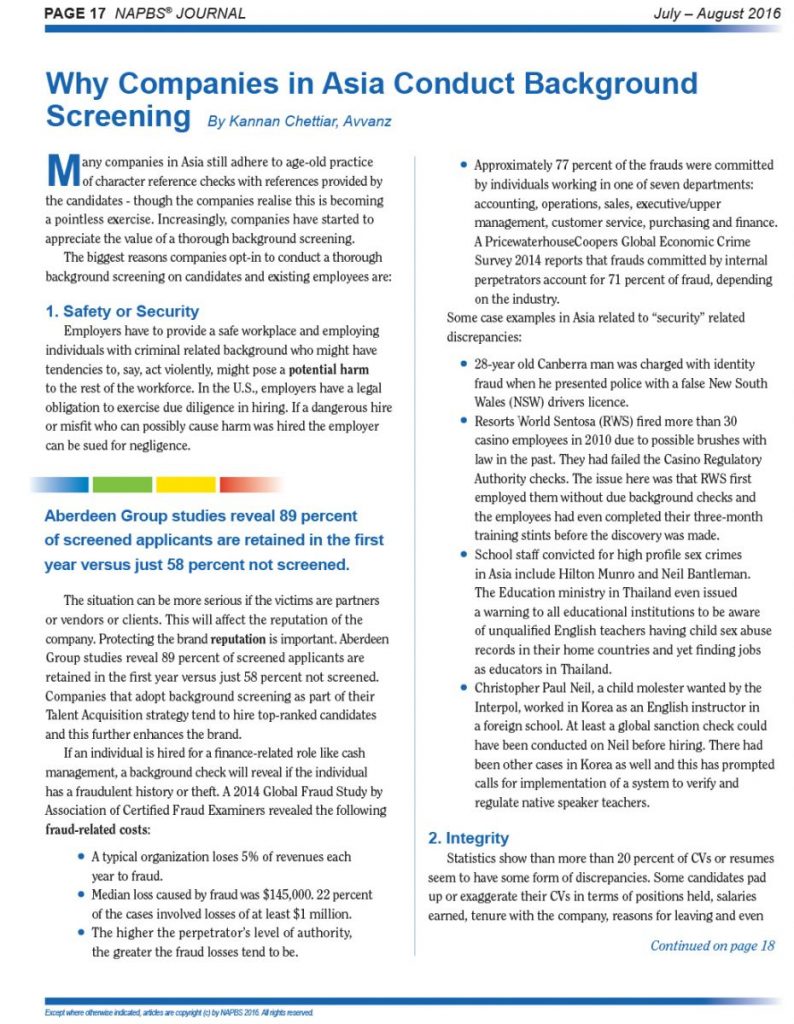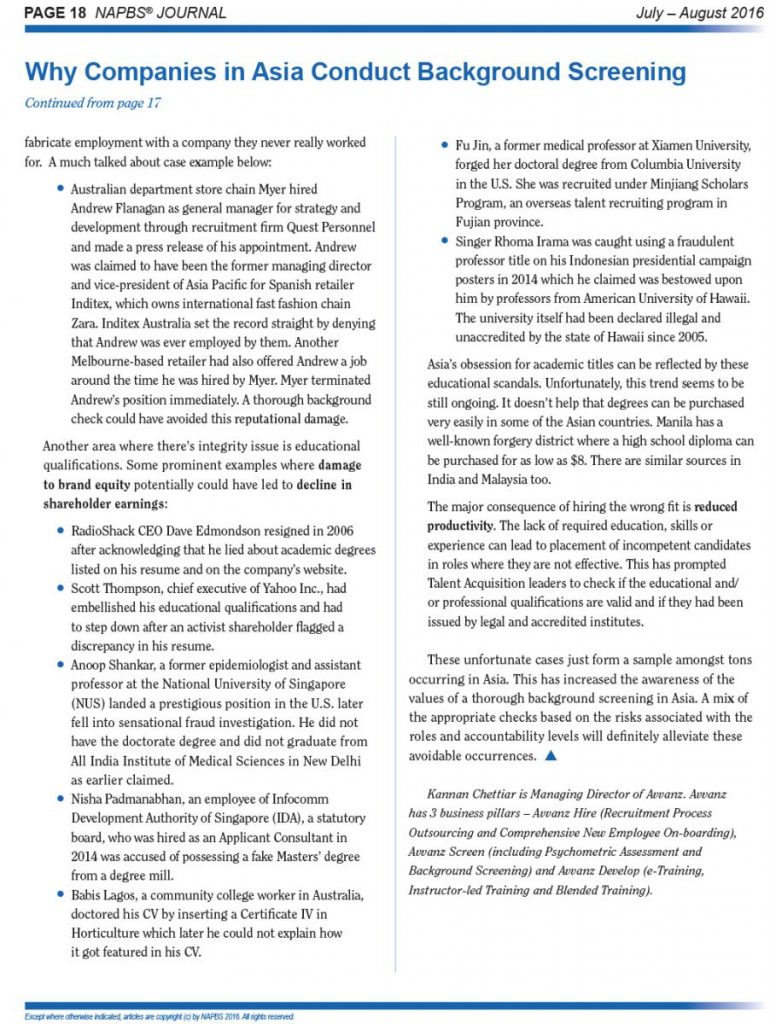



1 Wallich St, #14-01 Guoco Tower , Singapore 078881
+65-31652775
consult@avvanz.com
clientservices@avvanz.com
1850 Mountain Boulevard, Oakland, California 94611, United States of America
125-650-01934
consult@avvanz.com
31st Floor, Virspacio Coworkspaces, One San Miguel Avenue Building, San Miguel Avenue corner, Shaw Blvd Ortigas Center, Pasig City
+63-28-876-1993
consult@avvanz.com
L 3 85 William St Darlinghurst NSW 2010
+61-290991689
consult@avvanz.com
27 Old Gloucester Street, London, WC1N 3AX
4420-458-73877
consult@avvanz.com
Copyright © 2024 Avvanz.com. All rights reserved
WhatsApp us